Labels
Human beings like to be able to compartmentalise things and give them a label. It helps us compare and contrast, and make sense of the world around.
I often get labelled as a strategic consultant. It kind of makes sense; I have a strategy background and now run my own business helping leaders, business owners, strategists and salespeople become more strategic.
So, if you combine my expertise with the fact that I don’t work for a company, I can see how you might end up with a strategic consultant label. In fact, I even default there myself sometimes, especially during the old ‘what do you do?’ plane seat chat on a late flight home. It can be an easy way into – or sometimes out of – a conversation.
But labels can be misleading, narrow and overly simplified. Left unchallenged, they can also be dangerous.
Have you ever had the situation where something is incorrectly labelled, and your brain quickly reacts with, ‘Hmm, that isn’t quite right, we do more than that’. But by the time you’ve processed those thoughts and are planning your comeback, the conversation has completely moved on. You’re left musing over whether you should have been quicker to correct this mistruth, or whether it’s OK to just leave it out there to be corrected later…
One part of the solution is the ability to be super clear about what you do. That way, even if you can’t change the label others use, you can be ready to expand their understanding and ensure that you get stored away in their memory the way you want to be remembered.
What labels do you get that could be more helpful if corrected?
And how can you prepare to challenge this by clarifying how you want to be positioned at the end of the conversation before the conversation moves on?
When I get the strategic consultant label, I immediately reply, “Yes, but unlike a consultant, my goal is simplification and empowering others to do the work”. Because this essentially jars with the basic concept of the consultant role, it prompts further clarity as their brain struggles to process the cognitive dissonance.
We can now enter a deeper conversation, one where I expand on how I help companies take their already great thinking, and cut out the noise and distractions to achieve a level of clarity that simply invites progress. I guide them to do this work, so they own the story and, in doing so, learn how to make this stick in their world. This isn’t about me doing the work for them, it’s all about imparting the wisdom behind the ‘how’ so they can get there faster and make a lasting impact.
At the end of that chat, I share the label I prefer: The Strategy Coach. My goal is to redefine how they see my work and clearly position myself in their mind. Once this is achieved, the label becomes irrelevant because I know they won’t forget me.


